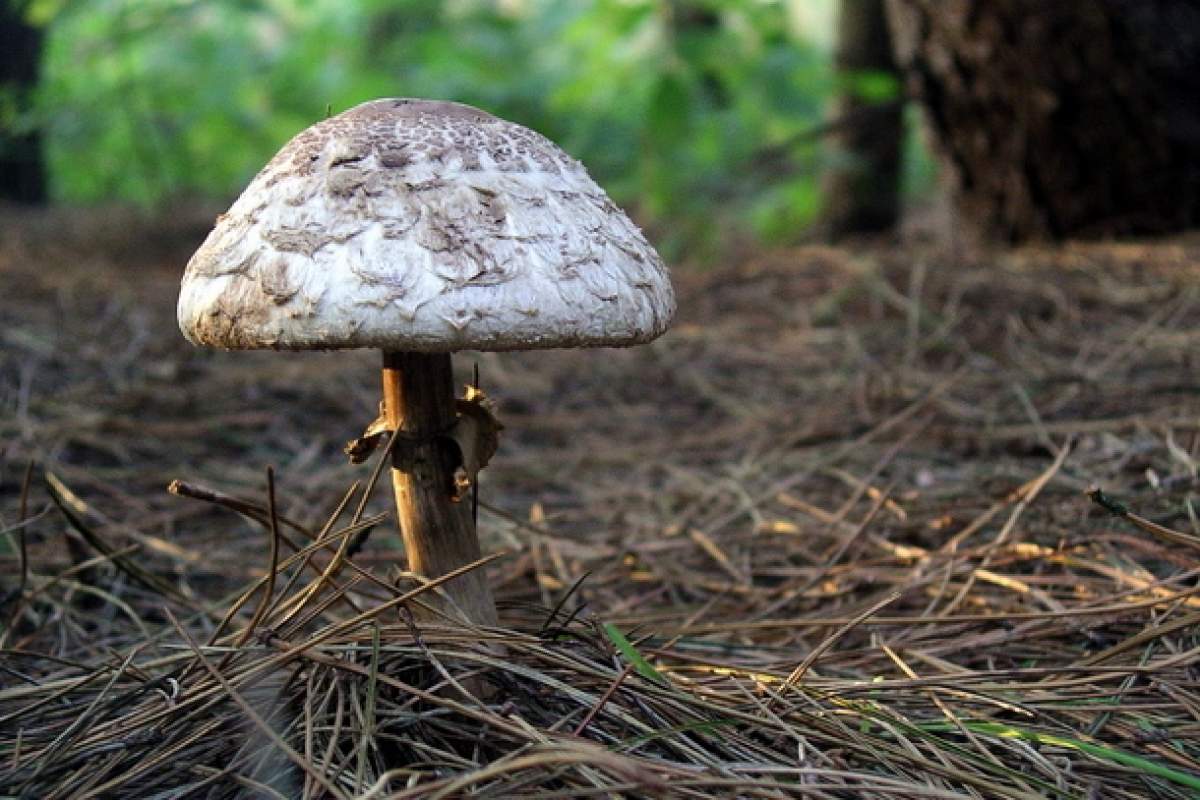
It's common knowledge that a plastic bottle thrown away today is going to languish in a landfill for a long, long time several centuries actually.
This is because the chemical bonds holding plastic together are so strong even sedulous biodegraders like bacteria and fungus typically can't break them.
Notice a key word here, though: typically.
Prokaryotic Prodigies And Mycological Miracle Workers
Back in 2008 news outlets went bananas over a high school science fair project that successfully decomposed a plastic bag by submerging it in a bacteria-rich suspension. Apparently some bacteria can digest the stubborn material.
The trick is figuring out how to isolate the right bacterial strains and then how to exploit their microscopic powers.
And just a couple of weeks ago, more exciting news this time out of Yale University. Students on a spring break field trip to the Amazon Rainforest collected fungus specimens, some of which later proved able to decompose polyurethane in lab tests!
Cleaning Up
The hope, of course, is that we can enlist these incredible lifeforms to help us clean up the debris that's accumulated since the advent of modern plastics. Imagine it: a legion of tiny trash eaters turning even our most intractable refuse into rich compost.
But this vision if it pans out at all is still years from realization. For now, we should probably keep recycling and using those canvas totes.
Read More:
- Amazon fungi found that eat polyurethane, even without oxygen (Physorg)
- Do plastic bags really take 500 years to break down in a landfill? (Slate)
- Teen Decomposes Plastic Bag in Three Months (Wired)









